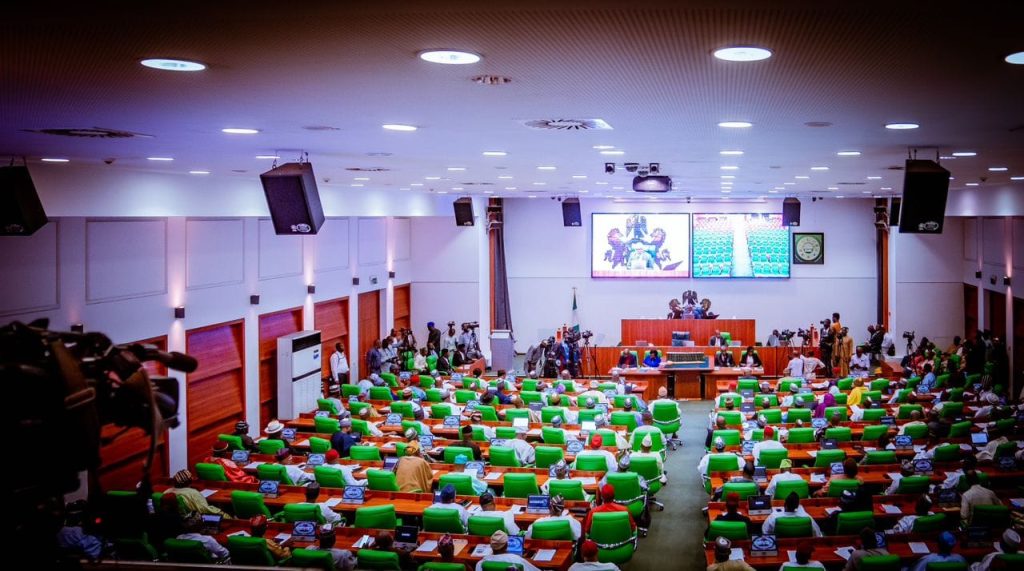The Nigerian House of Representatives Constitution Review Committee has ignited a national debate with its proposal to create 31 new states, adding to the existing 36. This ambitious undertaking, if realized, would reshape the nation’s political landscape, impacting resource allocation, representation, and governance at all levels. The proposal, presented by Deputy Speaker Benjamin Kalu, outlines specific constitutional requirements for state creation, including a two-thirds majority vote in the National Assembly and approval from affected state and local government councils. While some see this as a potential catalyst for development and more equitable representation, others express concerns about economic viability and further exacerbating existing inequalities.
The core arguments against the proposal center on the financial burden of expanding the administrative machinery of government. Critics question the economic sustainability of many existing states, many of which heavily rely on federal allocations. The Arewa Consultative Forum, for instance, argues that creating more states would merely multiply the existing financial strain and create opportunities for elites without genuinely improving the economic well-being of the populace. Afenifere, a Yoruba socio-cultural organization, echoes this sentiment, stressing that the proposal diverts attention from the more pressing need for true federalism and resource control, which they believe are crucial for sustainable development. They advocate for a system where states control their resources and contribute a percentage to the federal government, mirroring the First Republic model.
Conversely, proponents like the Middle Belt Forum view the creation of new states as a necessary step toward addressing historical imbalances and ensuring more equitable representation. They highlight existing disparities in political power within some states, where certain regions have been perpetually marginalized. The creation of new states, they argue, would empower these marginalized communities and grant them greater autonomy. The Igbo socio-cultural organization, Ohanaeze Ndigbo, also supports the initiative but demands a fairer allocation of new states to the South-East, citing historical under-representation. They argue that the South-East deserves more states than other zones to rectify past injustices.
The viability of the proposed states is a central concern for many stakeholders. Former senators and representatives have raised questions about the economic sustainability of these new entities, pointing to the struggles of many existing states. They emphasize the need to focus on strengthening local governments and fostering economic development rather than creating more administrative units dependent on federal allocations. The Pan-Niger Delta Forum, while acknowledging the right of people to advocate for state creation, stresses the importance of equal representation across geopolitical zones. They argue that any new states should be economically self-sustaining and not rely on resources from other regions, such as the oil and gas from the Niger Delta.
The proposal has also sparked debate about the optimal number of states and the potential consequences of excessive administrative expansion. Some suggest a more moderate approach, adding one state to each zone to achieve a total of 42 states, rather than the proposed 67. Concerns about the financial burden of governing such a large number of states and the potential for increased bureaucratic complexity have been voiced. The debate highlights the tension between the desire for greater representation and the need for efficient and sustainable governance.
The path forward requires careful consideration of various perspectives and a thorough assessment of the potential economic and social implications. A balanced approach that addresses both the desire for greater representation and the need for fiscal responsibility is crucial. The debate also underscores the importance of addressing the underlying issues of resource control, true federalism, and equitable development, which are fundamental to Nigeria’s long-term stability and prosperity. The proposal to create 31 new states is not just a matter of redrawing political boundaries; it’s a complex issue with far-reaching implications for the future of the nation.


